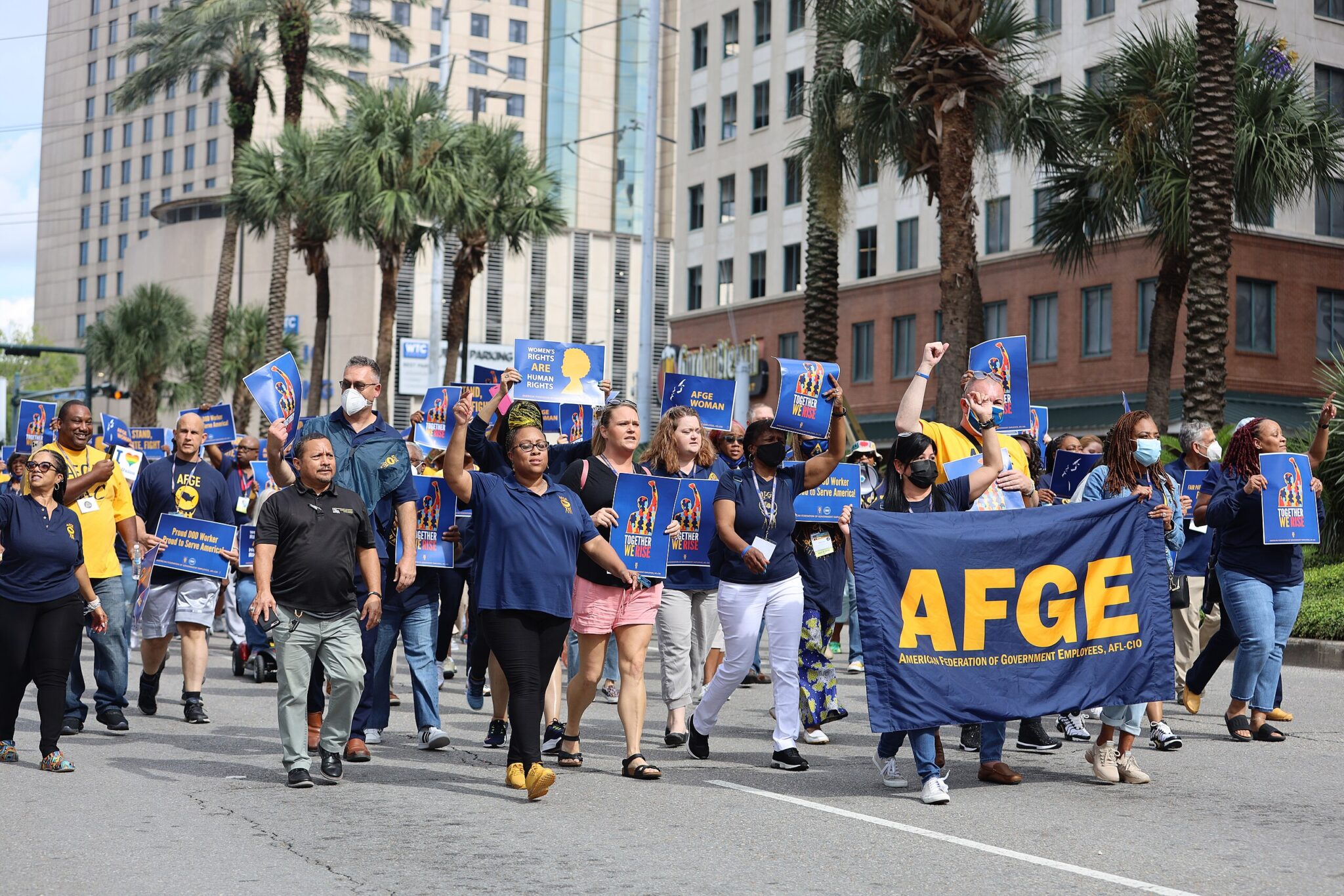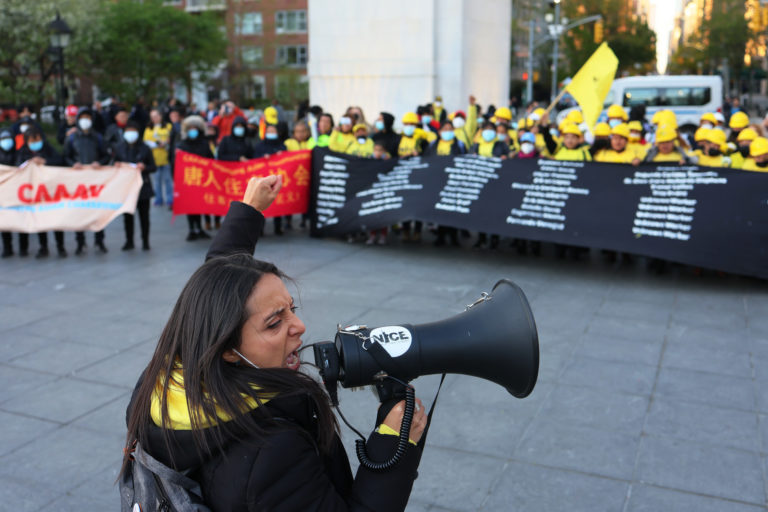
Liana Wang is a student at Harvard Law School.
In today’s news and commentary, DOL pauses the 2024 gig worker rule, a coalition of unions, cities, and nonprofits sues to stop DOGE, and the Chicago Teachers Union reaches a remarkable deal.
On May 1, the Department of Labor announced it would pause enforcement of the Biden Administration’s independent contractor classification rule. Under the January 2024 final rule, economic dependence was the “ultimate inquiry” for determining employee or contractor status. The Biden Administration had promulgated the rule to crack down on worker misclassification and ensure that more workers are entitled to minimum wage, overtime pay, and other protections under the FLSA. The rule was challenged in multiple pending lawsuits, although a federal judge in New Mexico upheld it in January 2025. DOL plans to fully rescind the rule, a major win for business groups and gig-economy giants like Uber and Lyft.
Meanwhile, in San Francisco, a coalition of labor unions, cities, and nonprofits launched a broad challenge to the Trump Administration’s unprecedented expansion of executive power. The plaintiffs include AFGE and SEIU, nonprofits like the Center for Taxpayer Rights and the Natural Resources Defense Council, as well as the City and County of San Francisco, the City of Chicago, and Harris County, Texas, among others. The complaint argues that President Trump’s EO 14210, which ordered DOGE and other agencies to engage in a “critical transformation” of the federal government, usurped Congressional authority and exceeded Constitutional limits on presidential power. Moreover, they contend that DOGE and other agencies implementing and abiding by the President’s orders lack the authority to do so.
Lastly, in Chicago, the Chicago Teachers Union overwhelmingly voted to approve a new and comprehensive contract with Chicago Public Schools. 85% of the union’s more than 27,000 members cast a vote, and 97% of voters approved the agreement. This is the first CTU contract achieved in 15 years without a strike or strike vote. The agreement was also novel in other ways: some bargaining sessions were publicly live-streamed in efforts to increase transparency. And for the first time, since a 2021 Illinois law restored full collective bargaining rights for teachers, the union was also able to bargain over issues like class size, academic freedom, and other student supports. While both the school district and CTU agree that the bargaining process should have been faster and less tumultuous, the deal has already been touted as inspiration by the United Teachers Los Angeles union in their current negotiations.






Daily News & Commentary
Start your day with our roundup of the latest labor developments. See all
December 19
Labor law professors file an amici curiae and the NLRB regains quorum.
December 18
New Jersey adopts disparate impact rules; Teamsters oppose railroad merger; court pauses more shutdown layoffs.
December 17
The TSA suspends a labor union representing 47,000 officers for a second time; the Trump administration seeks to recruit over 1,000 artificial intelligence experts to the federal workforce; and the New York Times reports on the tumultuous changes that U.S. labor relations has seen over the past year.
December 16
Second Circuit affirms dismissal of former collegiate athletes’ antitrust suit; UPS will invest $120 million in truck-unloading robots; Sharon Block argues there are reasons for optimism about labor’s future.
December 15
Advocating a private right of action for the NLRA, 11th Circuit criticizes McDonnell Douglas, Congress considers amending WARN Act.
December 12
OH vetoes bill weakening child labor protections; UT repeals public-sector bargaining ban; SCOTUS takes up case on post-arbitration award jurisdiction